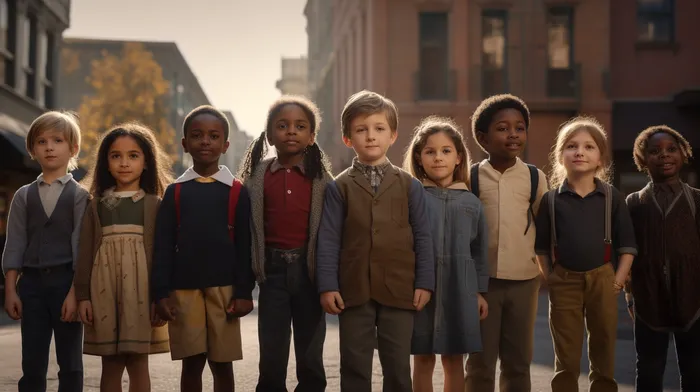Bullying is a dirty business that affects everyone, including bullies, their victims, and the families of both. Being bullied can lead to problems that persist far beyond childhood; these issues include depression, anxiety, loneliness, and more. In response, some individuals retaliate with violence, while others see adverse effects on their academic performance and school participation.
Kids who engage in bullying are also not immune to its negative effects. They are more likely to suffer from substance abuse, engage in violent behavior, and drop out of school, as well as face abuse and criminal convictions as adults.
The key to ending bullying lies mainly in education, communication, and team effort. It’s essential for parents, teachers, and students to work together, raise awareness, and provide support to those in need.
Identifying and Addressing Bullying
One challenge faced by many young people is telling someone else what they are going through. Informing a parent, teacher, or other adult about bullying is the first step to ending it. Bullying can be a lonely experience and having someone else who understands their situation can make a difference.
Along with speaking up, it’s crucial for kids to stand up to bullies, either physically, emotionally, or mentally. By doing so, victims can start building confidence necessary to manage such situations better. This confidence can then extend into adulthood, helping them navigate social and workplace situations where bullying might occur.
Building Confidence
Children and teenagers should be encouraged to try different activities, hobbies, and clubs. Through these pursuits, they can connect with like-minded individuals and create a supportive network. By participating in group activities and bonding with others, they can build a sense of belonging and improve self-esteem. It’s essential to foster a positive atmosphere and cultivate healthy relationships.
Learning self-defense can also be beneficial for personal development. By understanding various methods to protect oneself mentally, emotionally, spiritually, and physically, children and teenagers can gain a sense of empowerment. While physical self-defense is important, non-physical tactics can be equally valuable.
The Role of Parents
Parents play a vitally important role in reducing bullying. They should be actively involved in their children’s lives, encouraging open communication and providing guidance on dealing with issues like peer pressure, teasing, and bullying. Parents should also educate themselves about the signs of bullying and create a safe, supportive home environment for their children.
Parents can help their children develop resilience, assertiveness, and coping strategies. This could involve enrolling them in activities such as martial arts, which can boost children’s confidence and teach them self-defense skills. By offering guidance and support, parents can help their children stand up to bullies while maintaining their self-esteem.
Support and Resources
Numerous resources are available to help parents, teachers, and students combat bullying. Websites such as stopbullying.gov offer information on the effects of bullying, as well as tips on preventing and dealing with it. Organizations and professionals offer anti-bullying programs for schools, providing guidance and assistance to communities in need.
Bullying is a prevalent issue that affects not only individuals but also entire families and communities. By working together, promoting open communication, and building confidence, it’s possible to combat bullying and create a better future for everyone involved.



